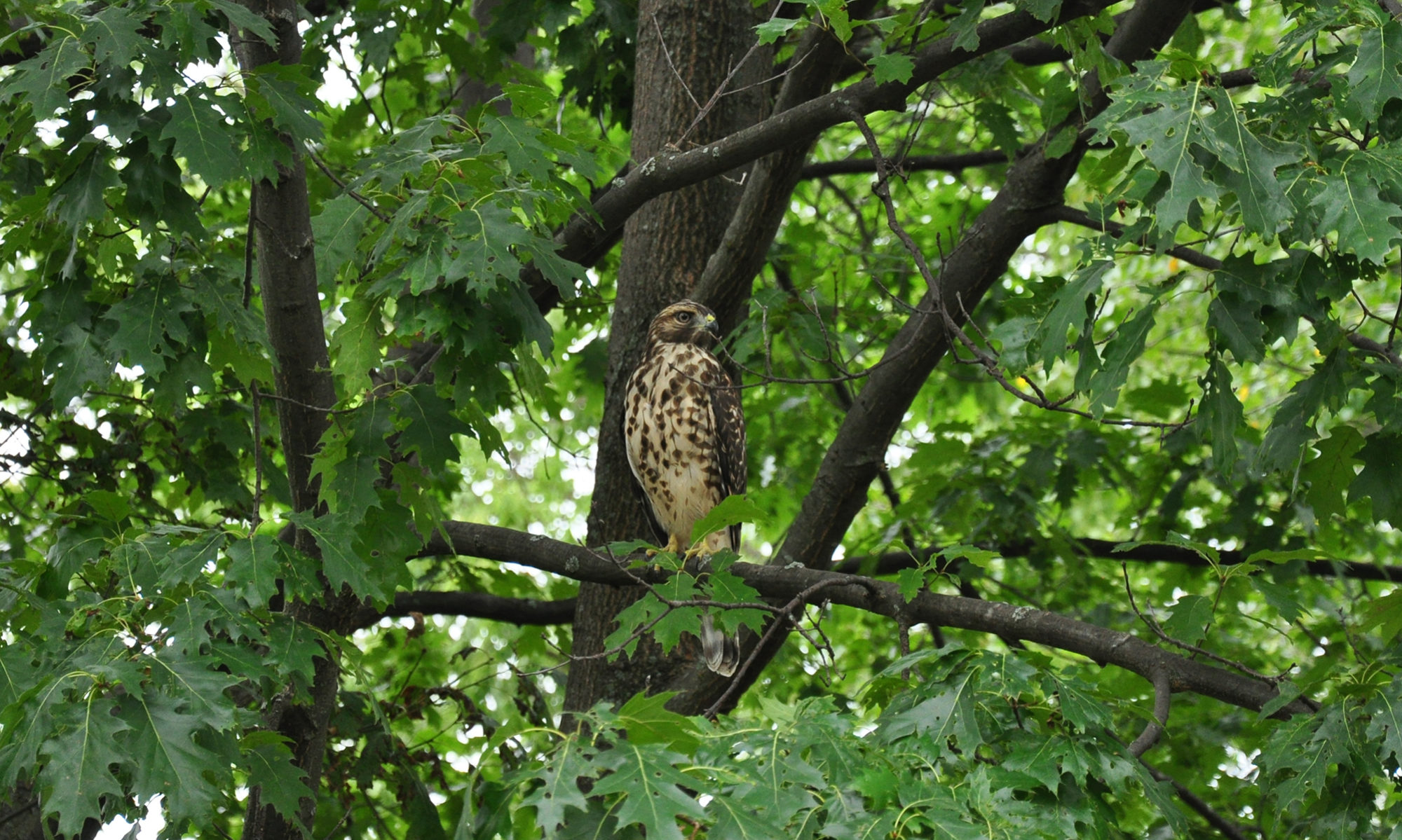In case you don’t know what “CAFO” stands for, it is “confinement animal feeding operation”. It is claimed to be part of agriculture but in actuality it is an animal factory and should be classified as small industrial rather than agriculture.
I attended a day long conference on CAFO’s on Saturday. Most of the conference was focused on animal waste — that’s crap or poop or feces or dodo or sh–! It is a huge problem; many more times greater than the human waste in a given area. And to think that none of it is processed through a waste treatment plant as is human waste. What do you think happens to it? It gets stored in huge lagoons or in underground tanks until such a time it is spread on our agriculture crop lands. It carries with it disease organisms including antibiotic resistant ones since animals are typically dosed regularly with antibiotics (that is a whole other issue). It carries with it silage leachate, chemicals used in animal housing buildings, hormones, ammonia, heavy metals, and an abundant supply of nitrogen and phosphorous. All of this organic soup can easily contaminate ground water or be washed into nearby streams or drainage ways. What a mess….. and a sick one at that. It is not uncommon for land to receive more than the soil organisms can handle.
It gets worse. Indiana is the repository for some of the animal waste generated in Ohio. It is trucked in. It is supposed to be transferred to approved storage facilities, but too frequently gets disposed of into our streams.
Another factor is that too often the distance from a CAFO and its waste disposal is too close to commercial or residential neighbors. The odors can be oppressive and very unhealthy. Wells can become contaminated. The stink means there are things in the air that can be inhaled. Health is at risk. Would you like to live or bring children in such an environment? Stricter set back regulation are needed.
The crime of all of this is that if these operations were classified as small industrial, they would have to meet much more stringent regulations for operation and waste disposal. Some of the crap that is happening would not. Maybe it is time to push for that. Seems a reasonable answer to all but the “farmer” who operates one of these animal factories.

The Kokomo Dispatch — Pledged but to Truth, To Liberty and Law, No Favor Sways Us and No Fear Shall Awe: Poynter/Kautz/Blacklidge